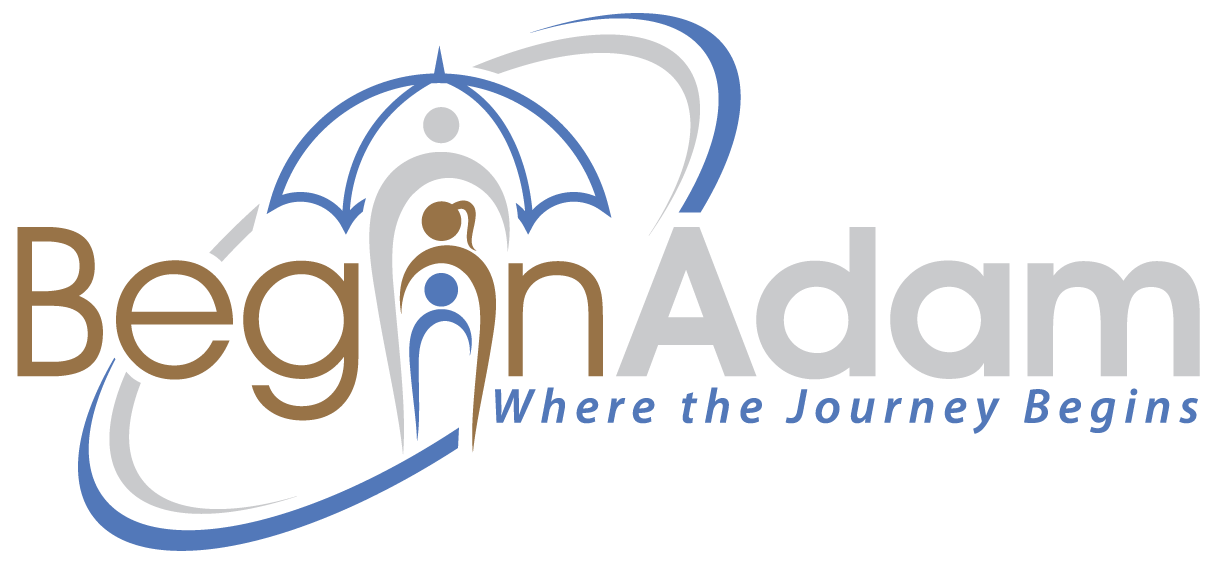Under Age 65 Healthcare Basics
Under 65 Health Insurance
Health insurance is an essential component
of financial protection
Health insurance is an essential component of financial protection for individuals and families, and there are many different types of health insurance options available for people under the age of 65. In this article, we’ll take a closer look at the various types of health insurance and their subtypes, as well as the pros and cons, target demographics, and other considerations based on age, health, affordability, and other relevant factors for each type of insurance.

Employer-Sponsored Health Insurance
Employer-sponsored health insurance is a common option for individuals who receive health coverage through their employer. There are several subtypes of employer-sponsored health insurance, including:
- Health Maintenance Organization (HMO): This type of insurance offers a network of healthcare providers and requires individuals to choose a primary care physician. HMOs typically require referrals from the primary care physician to see a specialist.
- Preferred Provider Organization (PPO): PPOs offer more flexibility than HMOs, allowing individuals to see providers both in and out of the network. However, seeing providers out of the network often results in higher out-of-pocket costs.
- Point of Service (POS): POS plans combine features of HMOs and PPOs, requiring individuals to choose a primary care physician but also allowing them to see providers out of the network for a higher cost.
- Exclusive Provider Organization (EPO): EPOs offer a network of healthcare providers, but do not require individuals to choose a primary care physician. Seeing providers out of the network is typically not covered.

Individual Health Insurance
Individual health insurance is a type of insurance that individuals purchase themselves, rather than receiving through an employer.

Health Savings Account (HSA)
Health savings accounts are accounts that individuals can contribute to tax-free and use to pay for qualified medical expenses.

Short-Term Health Insurance
Short-term health insurance is a type of insurance that offers temporary coverage for individuals who need health insurance during a life transition.
Individual Health Insurance
- Affordable Care Act (ACA) plans: ACA plans are compliant with the Affordable Care Act and offer essential health benefits. These plans are available on state and federal marketplaces and cannot be denied based on pre-existing conditions.
- Catastrophic health insurance plans: Catastrophic plans offer lower monthly premiums but come with high deductibles. These plans are only available to individuals under the age of 30 or those who qualify for a hardship exemption.
- Short-term health insurance plans: Short-term plans offer temporary coverage for individuals who need health insurance during a life transition. These plans have lower monthly premiums but offer less coverage than traditional health insurance plans.
- Health savings account (HSA) compatible plans: HSA-compatible plans allow individuals to contribute to a health savings account, which can be used to pay for qualified medical expenses tax-free.
Health Savings Account
- HDHPs with HSA: High-deductible health plans (HDHPs) are plans with high deductibles that offer lower monthly premiums. These plans can be paired with an HSA to help individuals save for qualified medical expenses tax-free.
- HSA-qualified plans: HSA-qualified plans are health insurance plans that meet certain requirements and allow individuals to contribute to an HSA.
Short-Term Health Insurance
- Major medical short-term health insurance: Major medical short-term plans offer coverage for major medical events but often do not cover pre-existing conditions.
- Fixed indemnity short-term health insurance: Fixed indemnity short-term plans offer fixed payouts for specific medical services but often do not cover major medical events.
Other Considerations based on Age, Health, Affordability, and Other Relevant Factors:
When choosing a health insurance plan, there are several other factors to consider based on individual circumstances, such as age, health, and affordability.
- Age: Younger individuals may benefit from catastrophic health insurance plans, which offer lower monthly premiums but come with high deductibles. Older individuals may benefit from plans with lower deductibles and more comprehensive coverage.
- Health: Individuals with chronic health conditions may benefit from plans with more comprehensive coverage, such as ACA plans or employer-sponsored plans with lower out-of-pocket costs. Healthy individuals may benefit from plans with lower monthly premiums, such as catastrophic plans or short-term plans.
- Affordability: Individuals with lower incomes may qualify for subsidies on ACA plans or Medicaid. Those with higher incomes may benefit from plans with higher deductibles and lower monthly premiums.
- Other Relevant Factors: Other factors to consider when choosing a health insurance plan include prescription drug coverage, mental health coverage, and network of healthcare providers.
Benefits of Working with a Faith-Based Agent
When selecting a christian healthcare insurance plan, working with a faith-based agent can offer additional benefits. Faith-based agents share the same values and beliefs as their clients, allowing for a more personalized approach to selecting a christian health insurance plan. These agents also have knowledge and experience in faith-based health-sharing ministries, which offer an alternative to traditional health insurance. Health-sharing, like a christian health care ministries are nonprofit organizations that pool resources to help members pay for medical expenses.
Conclusion
In conclusion, there are many different types of health insurance options available for individuals under the age of 65. When choosing a plan, it is important to consider individual circumstances, such as age, health, affordability, and other relevant factors. Working with a faith-based, health insurance christian agent can also offer additional benefits, such as a more personalized approach and knowledge of christian based health insurance, and health-sharing ministries.
